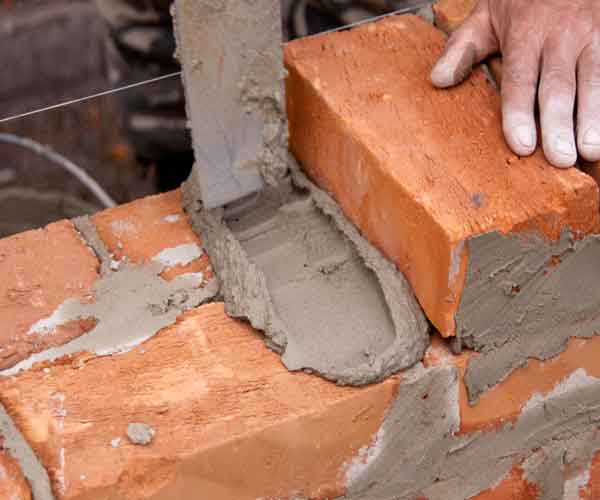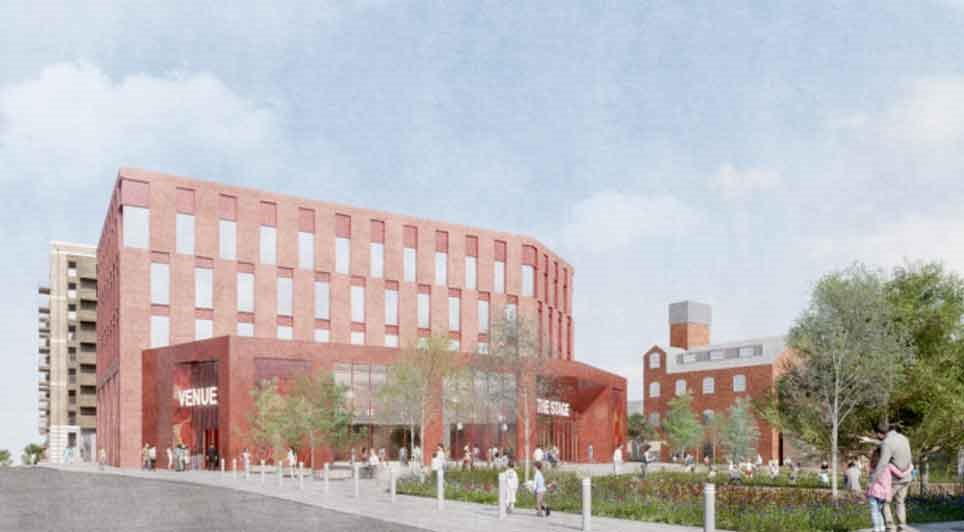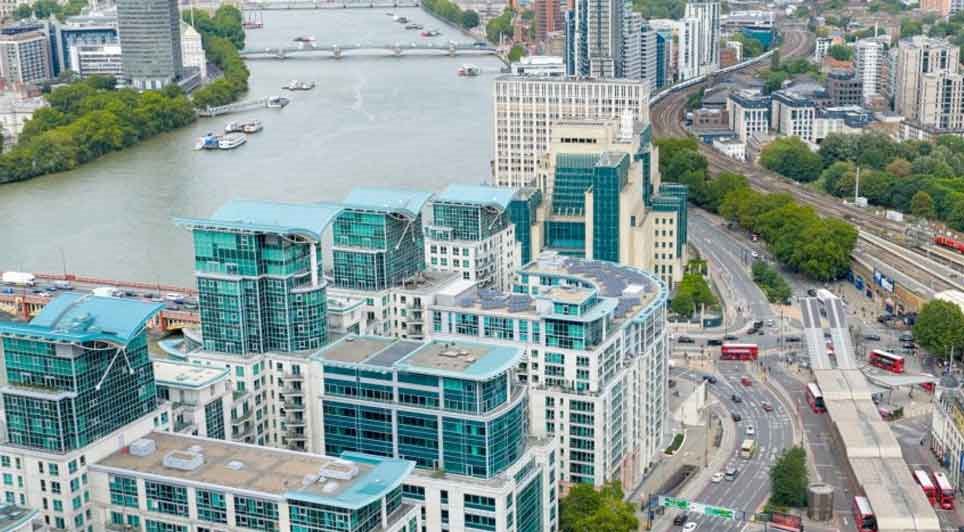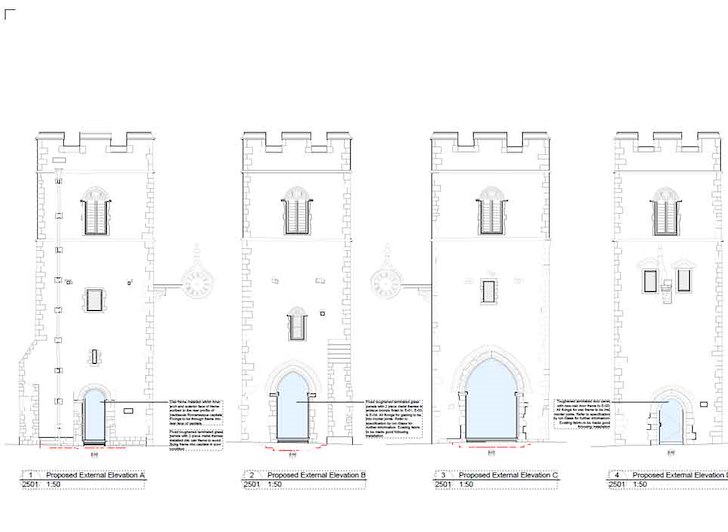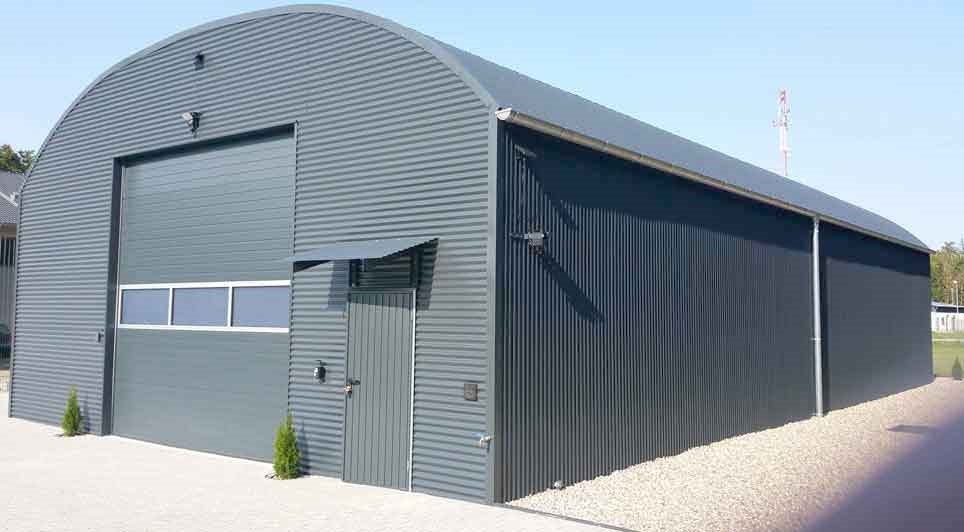New figures have revealed SME construction workloads rose during the first quarter of 2017.
In its latest State of Trade Survey, the Federation of Master Builders (FMB) state overall workloads went up by 9% for the 16th quarter running, with increases also seen in the proportion of firms reporting rising workloads.
In addition, one in two SMEs are forecasting a rise in workloads in the future, with 5% expecting to see a decline.
However, while workloads rose more significantly than at any time since the period following last June's EU referendum, 58% of firms reported struggles in hiring carpenters, representing a post financial crisis high. Another 85% of builders also believe material prices will rise over the next three months.
On a regional level, workloads for Welsh SMEs grew at their fastest rate for three years, while Northern Irish SMEs also experienced its ninth consecutive growth in workloads. Scottish SME workloads also rose faster than at any time since the fourth quarter of 2007.
Gordon Nelson, Director of FMB Scotland, said rather than tapering off in advance of Article 50 being triggered, the SME workload growth in the country seems to have sped up in the first few months of 2017.
"At a time of growing concern about the strength of the Scottish economy, the robustness of the construction SME sector is a definite good news story," he said.
"Even more encouragingly, the number of enquiries for future work has risen solidly and one in two firms are now predicting that their workloads will continue to rise in the coming months."
However Brian Berry, Chief Executive of the FMB, said despite the positive start to 2017, SMEs will remain cautious in their optimism due to the combined effects of rising material costs and the worsening skills crisis.
"If growth in real household income remains flat, and if consumer confidence is shaken by the impending snap General Election and the triggering of Article 50, there are plenty of potential pitfalls for builders to navigate," he said.
"Nevertheless, as of yet, the much anticipated 'Brexit effect' has yet to hit what is considered to be the bellwether sector of consumer confidence and wider economic health."
(LM/MH)
 UK
UK Ireland
Ireland Scotland
Scotland London
London

